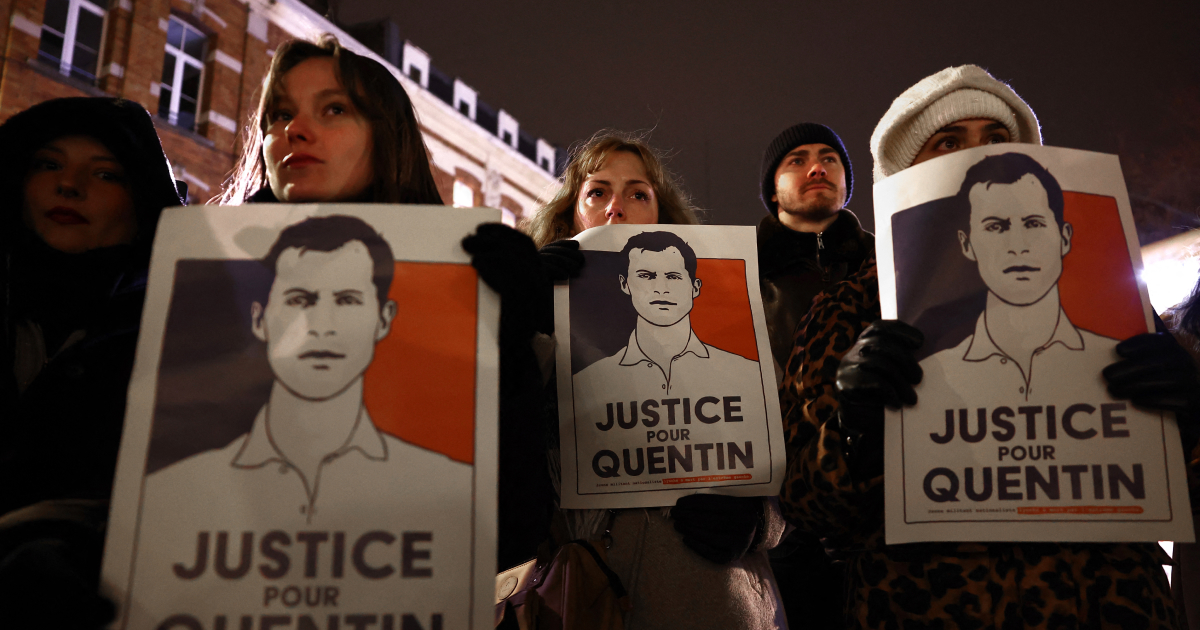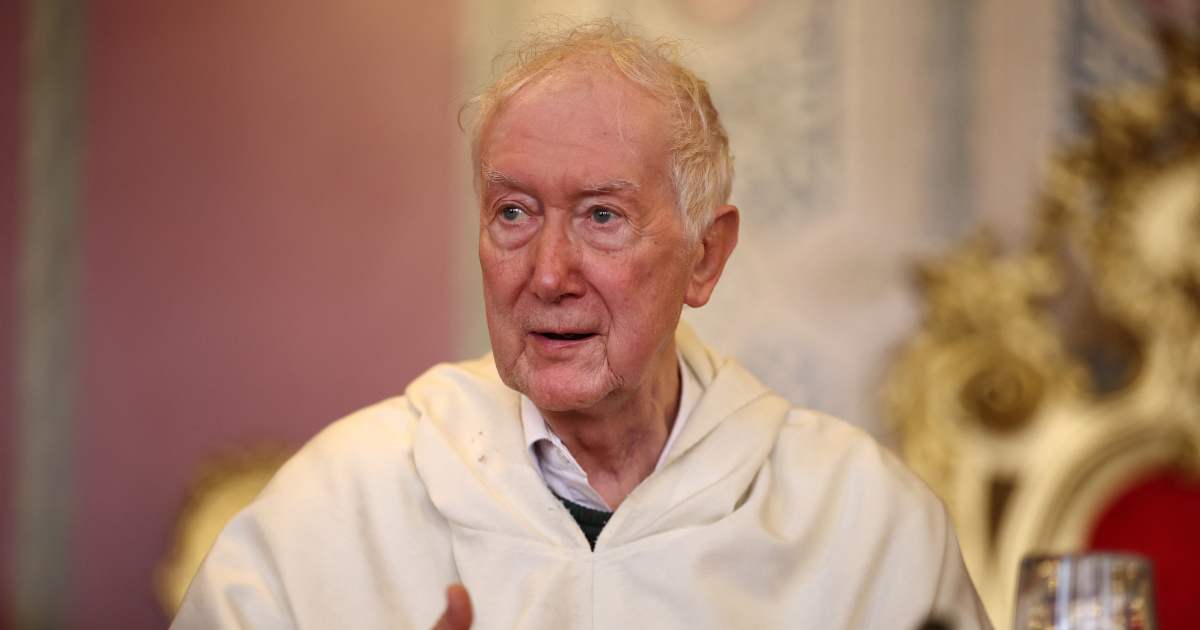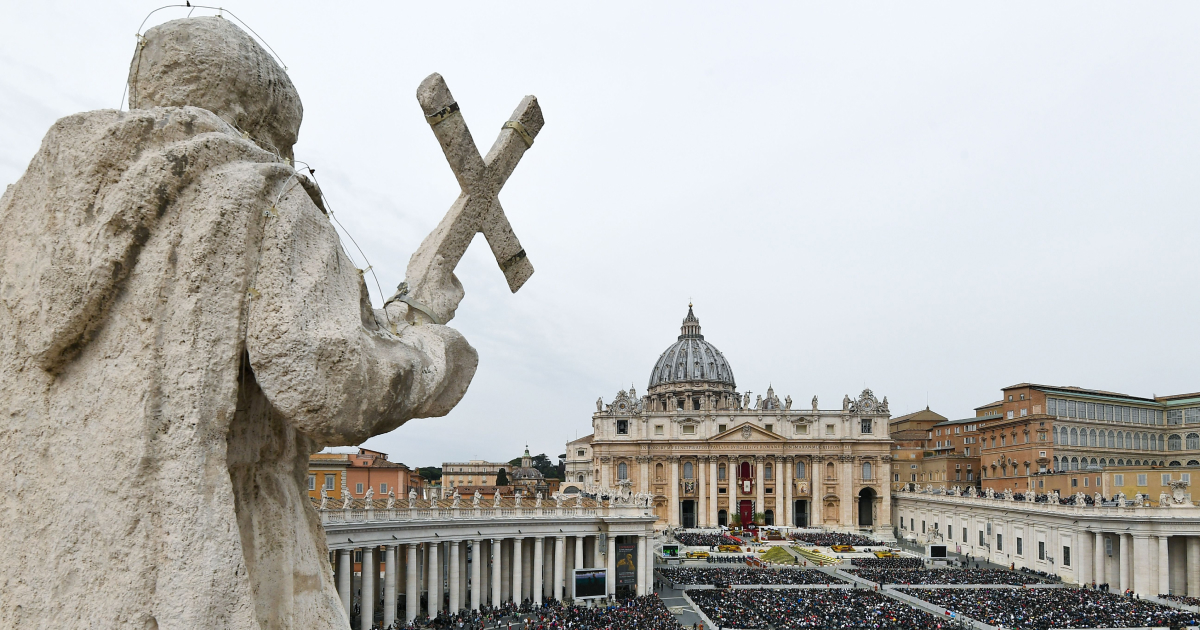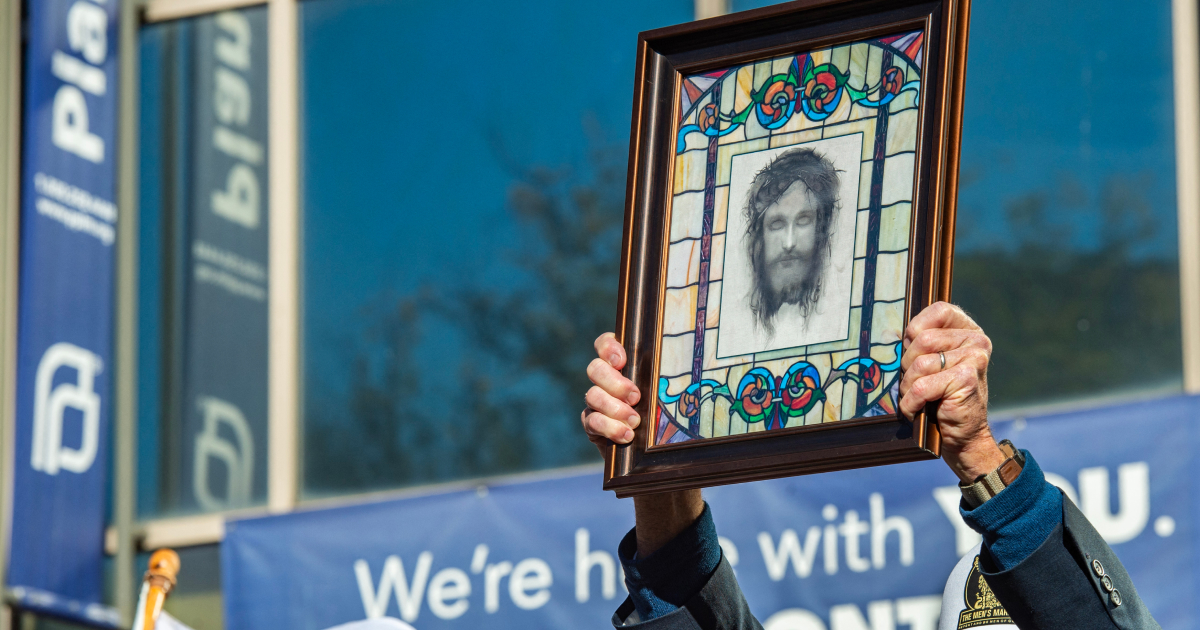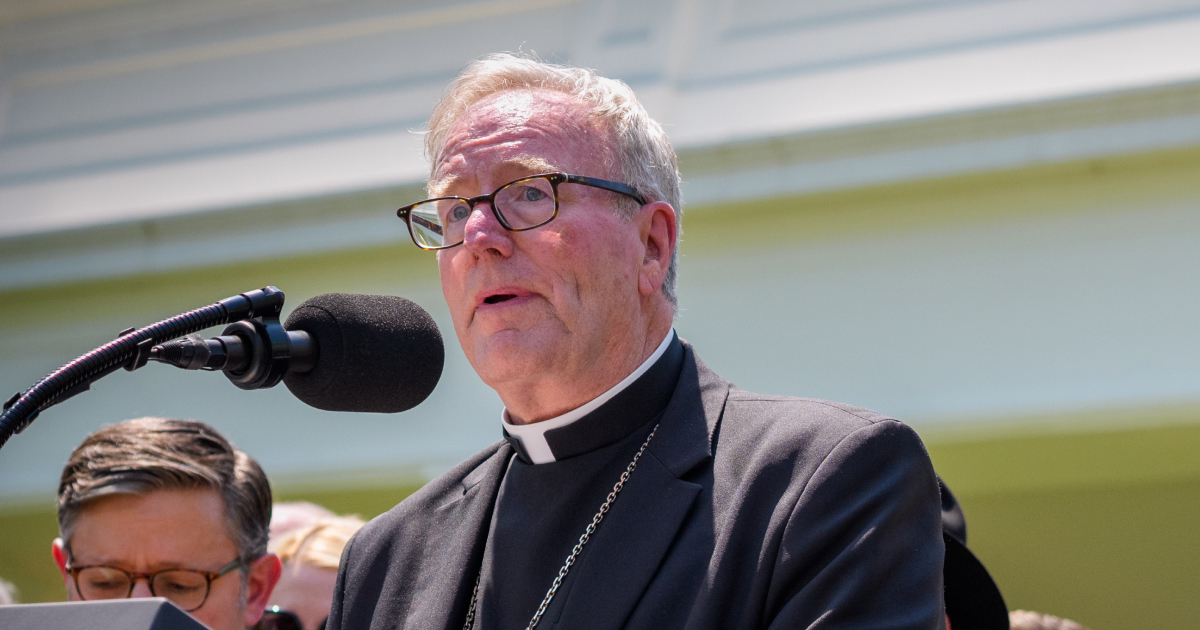A Spanish priest is facing a possible custodial sentence after a trial this week found him guilty of making comments deemed “Islamophobic”.
Father Custodio Ballester, a priest from Barcelona, faces up to three years in prison after being found guilty of making the supposedly “Islamophobic” statements. The ruling, with sentencing expected in the coming weeks, has sparked heated debate across Spain about the limits of expression and the role of religion in public life.
The case stems from remarks made by Fr Ballester both in a 2017 online interview and in earlier writings, including a 2016 article entitled “The Impossible Dialogue with Islam”. In that piece, he responded to a pastoral letter by Cardinal Juan José Omella of Barcelona, who had called for renewed Christian-Muslim dialogue.
Fr Ballester argued that such dialogue was “impossible”, warning that in many Muslim-majority countries Christians face persecution. His comments led to a complaint by the Association of Spanish Muslims Against Islamophobia, prompting charges under Spain’s hate-speech law.
The trial, held at the Provincial Court of Málaga on 1 October, also involved fellow priest Fr Jesús Calvo and journalist Armando Robles, who were accused of making similar remarks in the same online broadcast.
Fr Ballester later told the Catholic News Agency (CNA) that his words were not discriminatory and that the outcome of his case could determine “the survival of freedom of expression in today’s Spain”.
Outside the courthouse, dozens of supporters held placards calling for his acquittal, while the Christian advocacy group Abogados Cristianos said it had collected more than 28,000 signatures in defence of the priest.
Other organisations, including HazteOir.org and the Observatory for Religious Freedom and Conscience, have condemned the prosecution as a politically motivated attack on Christianity.
Fr Ballester, a former member of the Spanish army’s special forces, has long been outspoken on issues of faith, morality and religious freedom. He has also faced criticism from secular and LGBT groups for defending Catholic teaching on marriage and sexuality.
Among his outspoken views, Fr Ballester has argued that Spain’s hate-crime legislation is applied selectively, targeting Christians while ignoring similar or worse statements made against them.
Spain’s hate speech legislation is set out in Article 510 of the Spanish Penal Code, which criminalises public expressions that incite hatred, hostility, discrimination, or violence against individuals or groups on the basis of religion, race, ethnicity, nationality, sex, sexual orientation, gender identity, illness or disability.
Introduced in 1995 and expanded in 2015 to include online offences, the law punishes those who publicly encourage or promote hatred, or who produce or distribute materials that do so.
Penalties range from one to four years in prison, often with additional fines or professional disqualification, and can be aggravated when offences are committed via mass media or the Internet.
Critics of the law argue that its vague language allows for selective enforcement, enabling authorities to penalise faith-based or conservative opinions under the guise of combating hate speech.
The controversy around Fr Ballester recalls the uproar following Pope Benedict XVI’s 2006 Regensburg lecture, when the pontiff quoted a statement about Islam that was made by Byzantine (Eastern Roman) emperor Manuel II Palaiologos in the 14th century.
The Pope presented this quote as a historical example that spoke to the incompatibility between religious faith and violence, with the pontiff arguing that violence is incompatible with God's nature and the nature of the soul.
But the Pope’s use of the quotation, taken out of context, was widely interpreted by many Muslim leaders and communities as an attack on Islam and the Prophet Muhammad, leading to widespread protests in numerous Islamic countries.
Nearly two decades later, similar questions about freedom of expression, truth and tolerance remain at the centre of Europe’s increasingly tense conversation with Islam and in which Fr Ballester finds himself very much caught up in.
RELATED: Leader of Spain’s Vox party calls for another Reconquista to stop ‘Islamist invasion’
Photo: A view of Córdoba and the Mosque–Cathedral of Córdoba, Spain, 4 March 2014. A historical treasure and UNESCO World Heritage Site, the Catholic cathedral used to be a mosque during the period of Moorish rule over much of the Iberian Peninsula, before the Christian-led Reconquista. (Photo credit: Jorge Guerrero/AFP via Getty Images.)





.jpg)


